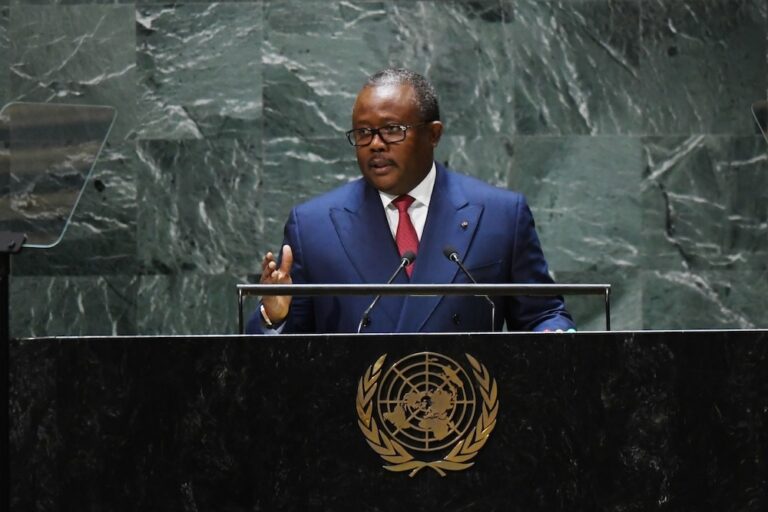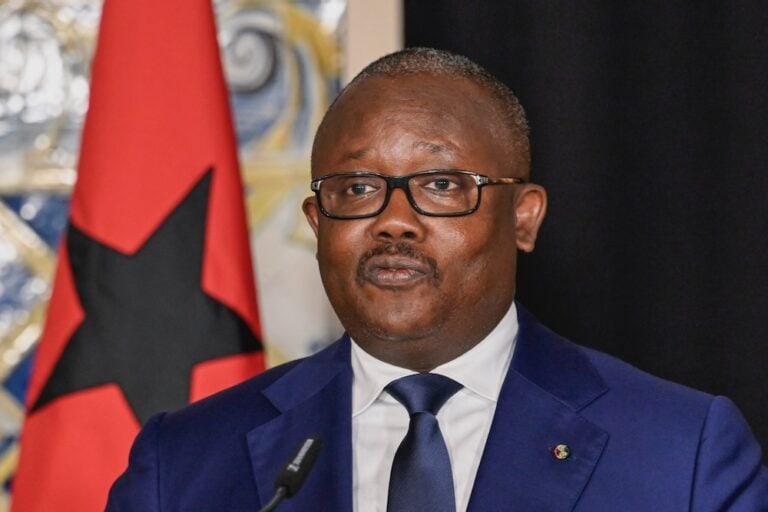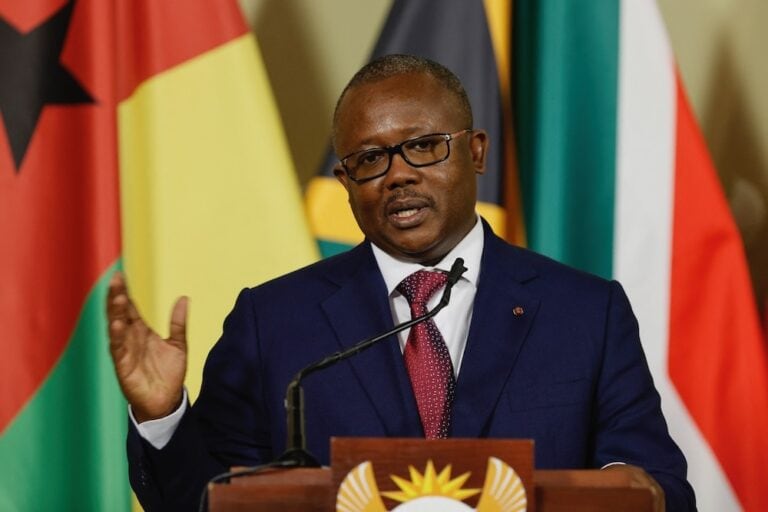(MFWA/IFEX) – Four journalists in Guinea-Bissau went into hiding on 26 July 2007 for fear of being arrested by the country’s military. The journalists are: Allen Yéro Embalo, correspondent for Radio France International (RFI) and Agence France-Presse (AFP), Alberto Dabo, correspondent for both the BBC’s French-language service and Reuters, as well as journalists Eva Maria […]
(MFWA/IFEX) – Four journalists in Guinea-Bissau went into hiding on 26 July 2007 for fear of being arrested by the country’s military.
The journalists are: Allen Yéro Embalo, correspondent for Radio France International (RFI) and Agence France-Presse (AFP), Alberto Dabo, correspondent for both the BBC’s French-language service and Reuters, as well as journalists Eva Maria Auzenda Biague and Fernando Jorge Perreira.
Media Foundation for West Africa (MFWA) sources reported that the journalists went into hiding in the wake of a police announcement ordering them to report to the nearest police station. The journalists also feared they would be detained and tortured at a military camp since the country has no prison facilities.
Following recent media reports on a drug-trafficking scandal that hit the country, the UN named Guinea Bissau as a major trafficking and transit point. The report specifically identified the country’s armed forces, especially the Marine Unit, as a major collaborator in the drug trade.
The sources said the army, outraged by the UN report, began a crackdown on journalists they suspected of distributing such “damaging” information.
Several of the media reports accused the army of being part of the illicit trade.
The BBC’s correspondent fled after the army made a radio announcement declaring him a wanted man. In its announcement, the army asked him to denounce publicly his reports for the BBC.
Meanwhile, Joase Bubu Na Ntous, commander of the country’s navy, has filed formal complaints with the Attorney General.


